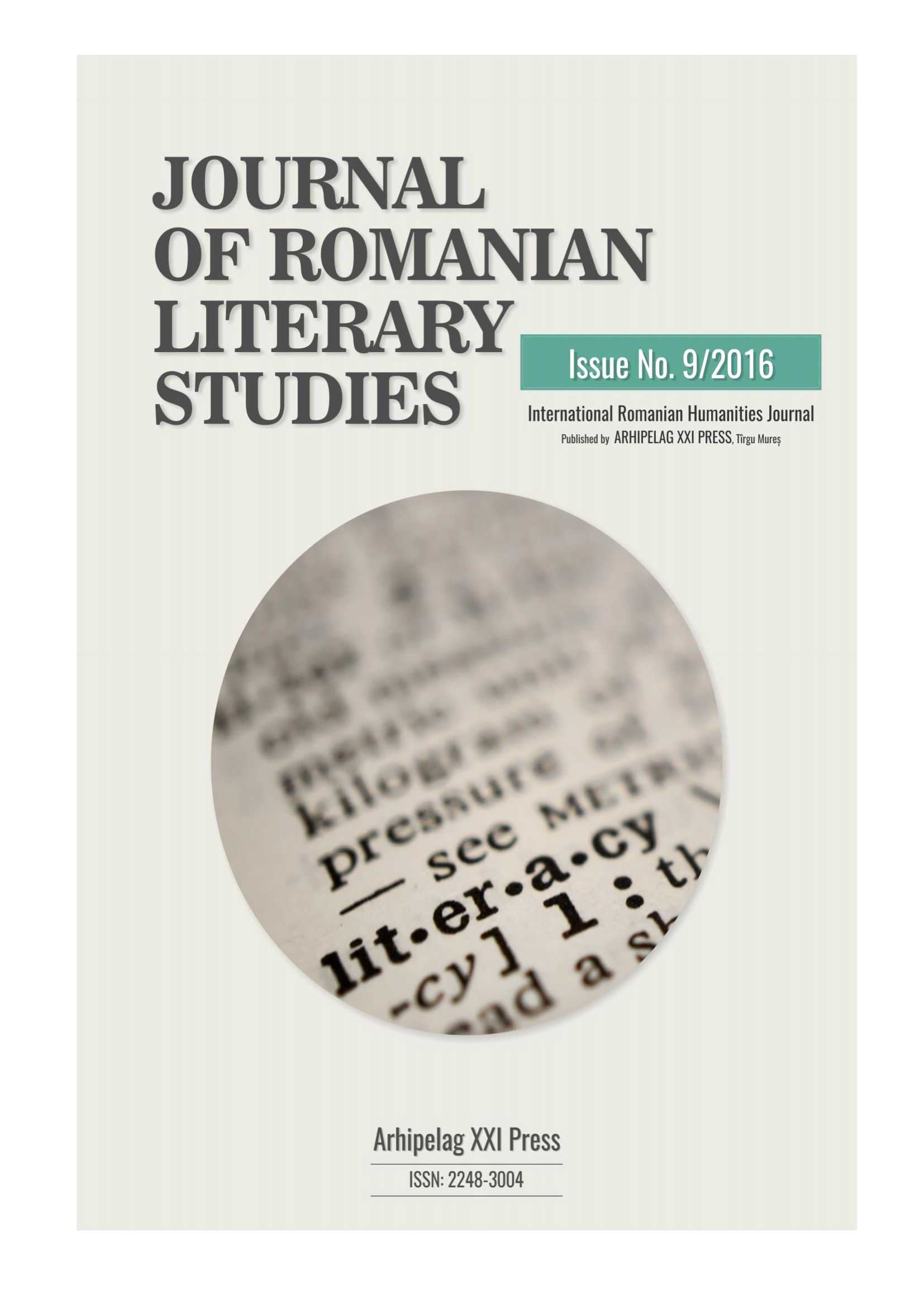DIE FREMDHEIT DER GESCHLECHTER IN MAX FRISCH ROMAN „STILLER“
DIE FREMDHEIT DER GESCHLECHTER IN MAX FRISCH ROMAN „STILLER“
Author(s): Stefan Anton SauleaSubject(s): Language and Literature Studies, Literary Texts
Published by: Editura Arhipelag XXI
Keywords: Max Frisch; Stiller; Existentialist; love and hate; effigy
Summary/Abstract: This essay is aimed to dissect the philosophy and motives behind Max Frisch’s “Stiller”, which at first appears to be a crime novel, only to turn out to be, eventually, the picture of (a) man’s fighting with his inner demons. Part one seeks to put the novel into perspective, by drawing parallels to Existentialists like Jean-Paul Sartre and Albert Camus and their atheistic views on human fate, while part two is focused on Frisch’s recurring practice of contrasting stereotype and reality. In a final step, Anatol Stiller will be confronted with Walter Faber, in an attempt to illustrate the absurd hope of man's mastering his fate, thus closing the circle, by returning to the Existentialist philosophy and its motto ”hell is others”. The novel masterfully reflects the almost psychotic state of intense erotic and emotional commitment, reflected in a story about the dichotomy of love and hate.
Journal: Journal of Romanian Literary Studies
- Issue Year: 2016
- Issue No: 09
- Page Range: 373-380
- Page Count: 8
- Language: German

